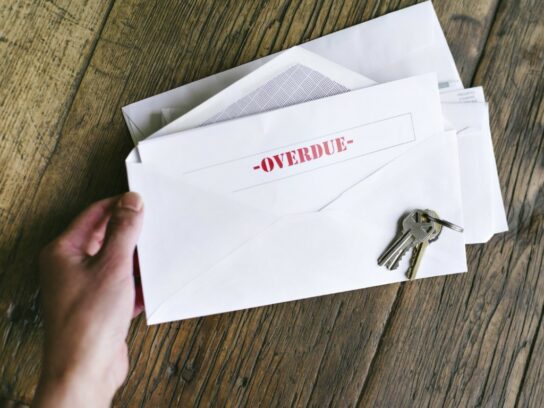
The Montgomery County Department of Housing and Community Affairs (DHCA) estimates about 15% of rental households, or 20,000 units, are failing to pay rent.
There are 130,000 rental units in the county, said Aseem Nigam, director of the DHCA. Two surveys of 21,000 multifamily units were conducted in June and July to determine the 15% delinquency rate. Nigam emphasized that it is an estimate but said the rent delinquency rate before the COVID-19 pandemic was only about 5%. Based on the county’s estimates, he said $35 million is lost monthly due to failure to pay rent. Nigam calculated this by multiplying the 20,000 delinquent units by a monthly $1,750 rent.
The sharp rise correlates with unemployment changes in the county, he said at a Planning, Housing, and Economic Development (PHED) Committee meeting Monday.
The county is currently equipped to help about 7,000 of the 20,000 estimated units in need of rental assistance. Nigam said about 6,000 units can receive assistance through Coronavirus Aid, Relief, and Economic Security (CARES) Act funding and about 1,000 can get help from the Community Development Block Grant (CDBG), which is administered by the Housing Opportunities Commission. These numbers are calculated with the intention of giving $4,000 total to each household.
In order to be able to help the other 13,000 households, the county needs an additional $52 million. Another round of the CDBG landed the county $4.2 million, which could be used in 2021. The state of Maryland is also applying for the CDBG for $15.1 total. Nigam said final decisions about how much Montgomery County could get will probably be made by the end of October.
The state also has a housing relief program for state-financed properties, and the county reached out to see if they might open it up to county-financed properties. Again, Nigam emphasized that the 20,000 units failing to pay rent are an estimate.
The most disturbing thing that’s happened during the pandemic in regard to landlord-tenant issues is an increase in people calling about self-help evictions, said Frank Vitale, Acting Supervisor Attorney of the Maryland Legal Aid Montgomery County Office. A self-help eviction is essentially when a landlord carries out an eviction themselves, which is illegal in Maryland. In this state the sheriff or constable must be present during an eviction.
“Landlords are just changing the locks. We’re doing what we can on this. The civil process for getting that resolved is slow and it puts a lot of people at risk to have landlords being able to do this and not be corrected immediately,” Vitale said.
Maryland is under an eviction moratorium issued by Gov. Larry Hogan. It prohibits evictions until the end of the state of emergency, however rent is not forgiven. Maryland courts began hearing rent failure cases Sept. 2 and judges can issue a “reserved judgement” for repossession, which means a judgement will be posted after the moratorium is lifted. Vitale said that is concerning because there is no opportunity for the tenant to show that they fulfilled payment between the hearing day and judgement posting. Councilmember Will Jawando agreed and said the county will need to look into that more.
The Centers for Disease Control and Prevention (CDC) issued their own federal moratorium on evictions effective Sept. 4 until Dec. 31. Under this order, the tenant has to show their landlord a declaration that proves they are suffering substantial income loss due to COVID-19 and that an eviction would lead to homelessness or living with a friend/family member.
Tune in Monday at 9:30 a.m. on @CountyCableMoCo, Facebook or YouTube https://t.co/ZmfBonpBmQ . 📺💻📱
Follow along with the Council staff report at https://t.co/0G80RkqWWA . https://t.co/ihdehZEMsI— Montgomery Council (@MoCoCouncilMD) September 21, 2020


Comments are closed.